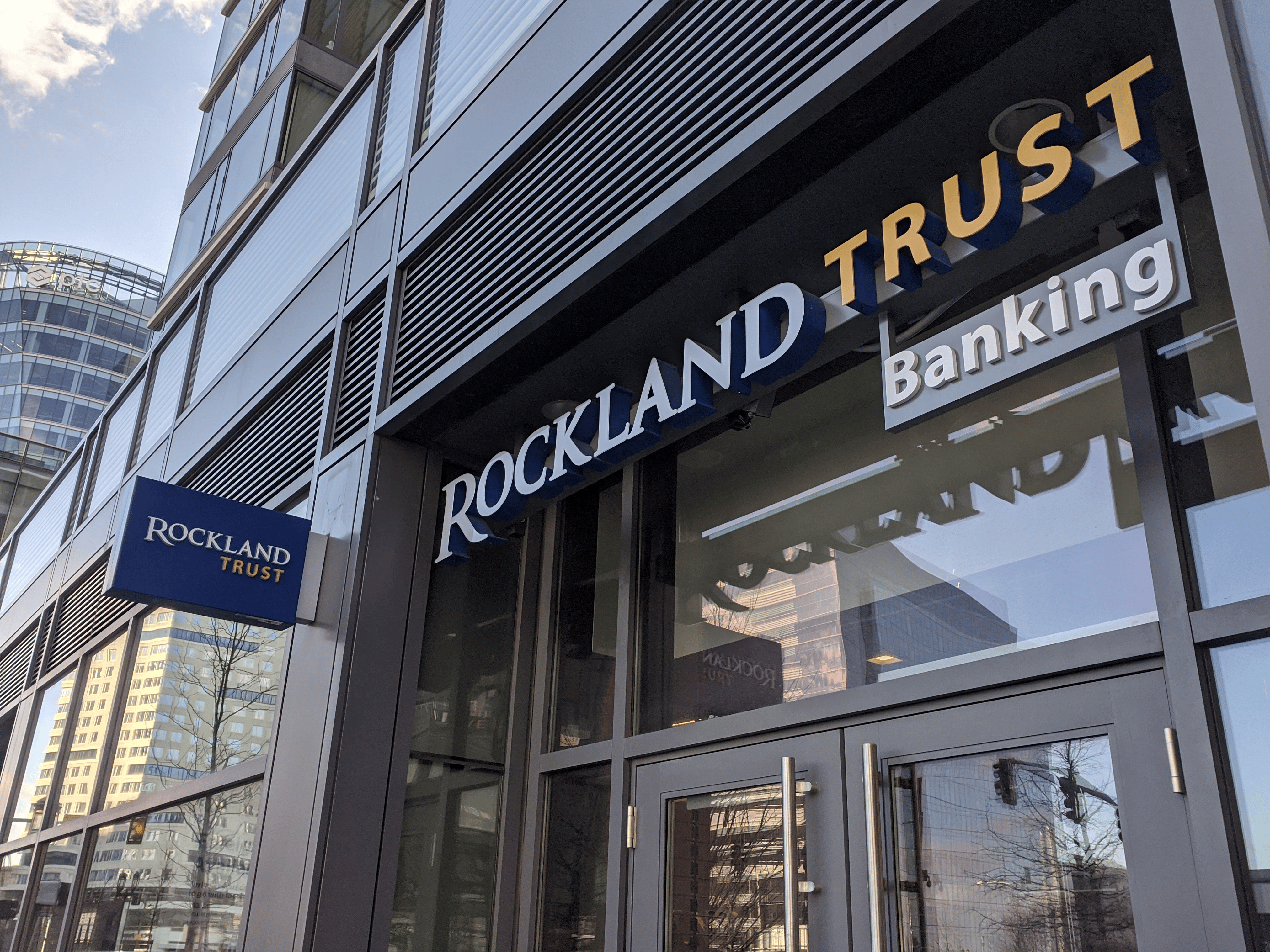A project to replace the former Shreve, Crump & Low jewelers building in Back Bay is underway after nearly 16 years, prompting preservationists to renew critiques of the city’s reviews of developments.
Boston-based Druker Co. is beginning site work in the first stage of its 350 Boylston St. project across from the Boston Public Garden. Designed by Robert A.M. Stern Architects and CBT Architects, the limestone-facade building will include eight stories of offices, and ground-floor retail and fitness space. Promotional materials say the project “will offer the city’s most distinguished luxury office space as well as shops, restaurants, a tenant-only spa and fitness facility, and on-site parking.”
Druker Co. previously stated it would not break ground on the project without an anchor tenant. A spokeswoman today declined to comment on potential leases.
The start of the project prompted the Boston Preservation Alliance to call attention to perceived flaws in the city’s approval of new developments and preservation of historically significant structures.
The development replaces four commercial buildings on Boylston Street, including the 1904-era Arlington building that became the Shreve, Crump & Low flagship store in 1929. In 2006, the Boston Landmarks Commission rejected a petition to add the property to its inventory, which could have blocked demolition or forced a redesign, ruling that the building did not have significance beyond a local level.
The project was first approved by the BPDA in 2008. As the permits approached expiration in 2019, The Druker Co. filed a notice of project change, which called for the same building size and height, but stated that retail and restaurant space could be located on the second floor. The project was renewed by the BDPA and Zoning Board of Appeal in late 2019. Previously, the project hadn’t broken ground because of the failure to secure tenants and investors, according to project documents.
Alison Frazee, executive director of the Boston Preservation Alliance, said the project spotlights the drawbacks of letting projects break ground years after they were reviewed.
“Project approvals don’t sunset, so developers sit on projects for years and when they’re ready to move forward they usually don’t need to refile a new PNF, just a notice of project change if anything changes,” Frazee said in an email.
In a notification to members Friday, the Alliance urged them to contact Mayor Michelle Wu and elected officials to lobby for project approvals to sunset so they can be updated to reflect changes in the neighborhood and recent environmental goals.
“In a city that relies so heavily on its historic character and strives to meet progressive environmental goals, it is unacceptable that so many buildings are demolished with virtually no consideration of the loss of embodied carbon and energy, the loss of character and history for the neighborhood, and the impact on walkability, affordability and livability to residents,” the message states.
This month, Wu announced the creation of a new position, deputy chief of urban design, who will work with new Chief of Planning James Arthur Jemison II to “strategically transform existing BPDA processes and structure to hold a high bar for the city’s equality of planning and urban design creating predictability for both the community and development interest.”




 |
| 




